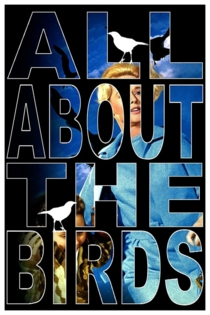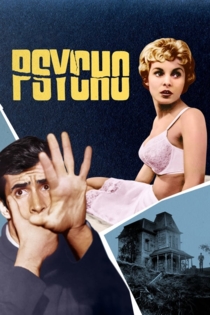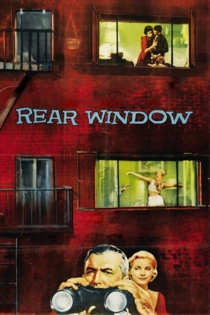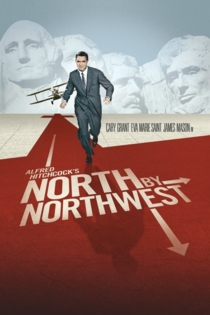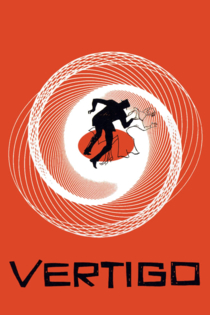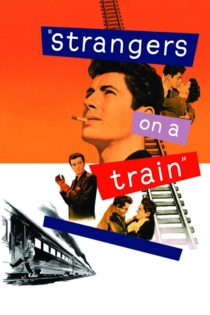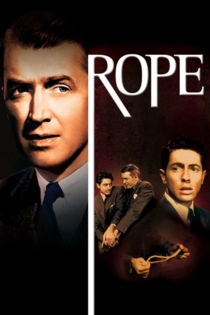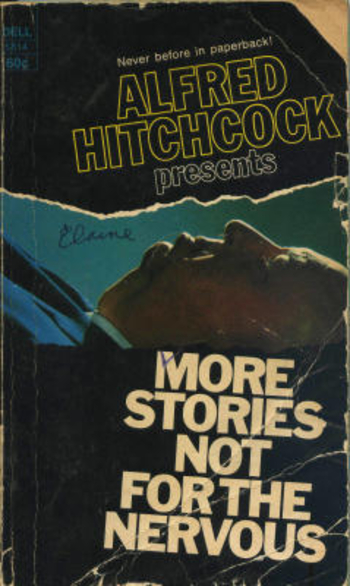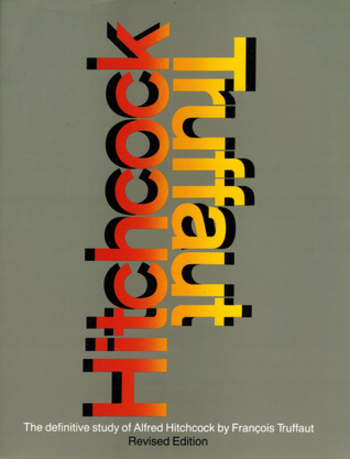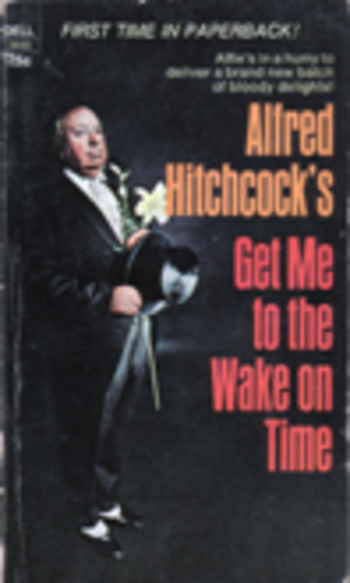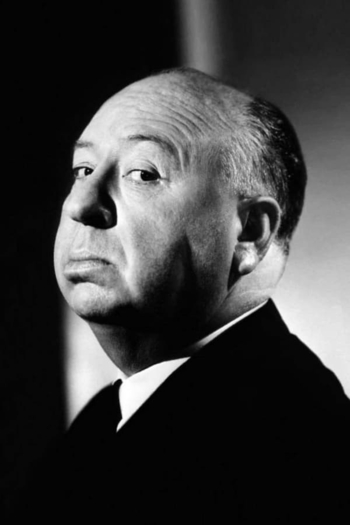
Alfred Hitchcock
1899 - 1980Hitchcock is widely regarded as one of the most influential figures in the history of cinema. In 2002, Hitchcock was ranked 2nd behind Orson Welles in the critics' top ten poll in the list of The Greatest Directors of All Time compiled by the Sight & Sound magazine. Andrew Sarris in his influential book of film criticism The American Cinema: Directors and Directions 1929–1968 included him in the "pantheon" of the 14 greatest film directors who had worked in the United States.
Hitchcock's critically most acclaimed film is the psychological thriller film Vertigo (1958). Although being a mild failure upon its release, it has risen in popularity over the decades. In 2012 it even replaced Orson Welles' Citizen Kane as the greatest film ever made in the Sight & Sound critics' poll. Regarding visual style, Vertigo is often declared as Hitchcock's most perfect film. The use of color symbolism, meticulously composed shots, and the famous "Vertigo effect" (dolly zoom) continue to be studied and admired.
Hitchcock's most commercially successful and most famous film is Psycho (1960), which had a significant impact on the horror genre, especially the slasher film. Hitchcock was able to prove his skills with the mystery thriller film Rear Window (1954), to create suspense within a confined setting - primarily the protagonist's apartment. In this film, voyeurism, one of Hitchcock's favorite subjects, is an essential aspect.
Many of Hitchcock's spy films, most notably North by Northwest (1959) and Notorious (1946), had a major impact on the Mission: Impossible and James Bond series.
German Concentration Camps Factual Survey
Sidney Bernstein
Trevor Howard, Jasper Britton
On the 29th September 1945, the incomplete rough cut of a brilliant documentary about concentration camps was viewed at the MOI in London. For five months, Sidney Bernstein had led a small team – which included Stewart McAllister, Richard Crossman and Alfred Hitchcock – to complete the film from hours of shocking footage. Unfortunately, this ambitious Allied project to create a feature-length visual report that would damn the Nazi regime and shame the German people into acceptance of Allied occupation had missed its moment. Even in its incomplete form (available since 1984) the film was immensely powerful, generating an awed hush among audiences. But now, complete to six reels, this faithfully restored and definitive version produced by IWM, is being compared with Alain Resnais’ Night and Fog (1955).
German Concentration Camps Factual Survey
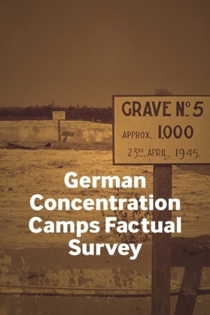
Rebecca
Alfred Hitchcock
Laurence Olivier, Joan Fontaine
Story of a young woman who marries a fascinating widower only to find out that she must live in the shadow of his former wife, Rebecca, who died mysteriously several years earlier. The young wife must come to grips with the terrible secret of her handsome, cold husband, Max De Winter. She must also deal with the jealous, obsessed Mrs. Danvers, the housekeeper, who will not accept her as the mistress of the house.
Rebecca
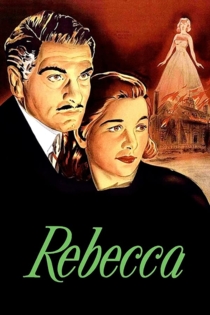
Dial M for Murder
Alfred Hitchcock
Ray Milland, Grace Kelly
An ex-tennis pro carries out a plot to have his wife murdered after discovering she is having an affair, and assumes she will soon leave him for the other man anyway. When things go wrong, he improvises a new plan—to frame her for murder instead.
Dial M for Murder
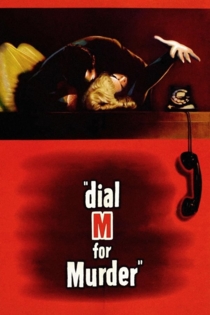
Night Will Fall
André Singer
Helena Bonham Carter, Jasper Britton
When Allied forces liberated the Nazi concentration camps in 1944-45, their terrible discoveries were recorded by army and newsreel cameramen, revealing for the first time the full horror of what had happened. Making use of British, Soviet and American footage, the Ministry of Information’s Sidney Bernstein (later founder of Granada Television) aimed to create a documentary that would provide lasting, undeniable evidence of the Nazis’ unspeakable crimes. He commissioned a wealth of British talent, including editor Stewart McAllister, writer and future cabinet minister Richard Crossman – and, as treatment advisor, his friend Alfred Hitchcock. Yet, despite initial support from the British and US Governments, the film was shelved, and only now, 70 years on, has it been restored and completed by Imperial War Museums under its original title "German Concentration Camps Factual Survey".
Night Will Fall
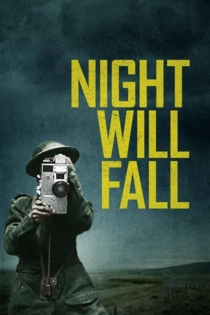
Harold and Lillian: A Hollywood Love Story
Daniel Raim
Lillian Michelson, Danny DeVito
Working largely uncredited in the Hollywood system, storyboard artist Harold and film researcher Lillian left an indelible mark on classics by Alfred Hitchcock, Steven Spielberg, Mel Brooks, Stanley Kubrick, Roman Polanski and many more.
Harold and Lillian: A Hollywood Love Story
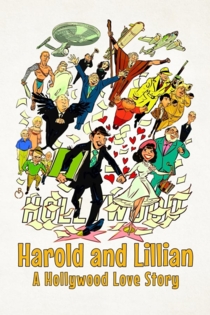
Notorious
Alfred Hitchcock
Ingrid Bergman, Cary Grant
In order to help bring Nazis to justice, U.S. government agent T.R. Devlin recruits Alicia Huberman, the American daughter of a convicted German war criminal, as a spy. As they begin to fall for one another, Alicia is instructed to win the affections of Alexander Sebastian, a Nazi hiding out in Brazil. When Sebastian becomes serious about his relationship with Alicia, the stakes get higher, and Devlin must watch her slip further undercover.
Notorious
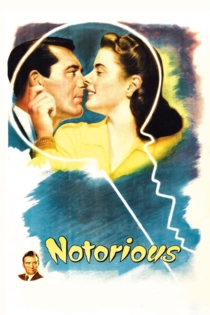
Shadow of a Doubt
Alfred Hitchcock
Teresa Wright, Joseph Cotten
Just when Charlotte ‘Charlie’ Newton, is feeling especially frustrated by the lack of excitement in her small town in California, she receives wonderful news: Her uncle and namesake, Charlie Oakley, is coming to visit. However, as secrets about him come to the fore, Charlotte’s admiration turns into suspicion.
Shadow of a Doubt
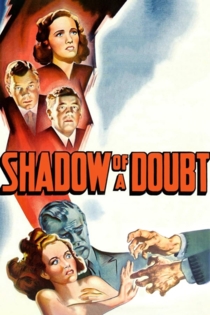
The Movie Orgy
Joe Dante
Goodman Ace, Jane Ace
Clips from assorted television programs, B-movies, commercials, music performances, newsreels, bloopers, satirical short films and promotional and government films of the 1950s and 1960s are intercut together to tell a single story of various creatures and societal ills attacking American cities.
The Movie Orgy
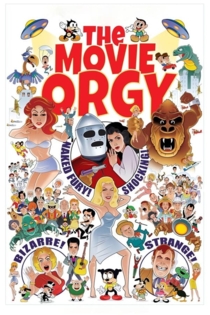
All About 'The Birds'
Laurent Bouzereau
Tippi Hedren, Rod Taylor
A wonderfully informative 80-minute documentary combining current interviews with archival materials and scenes from the film. Hitchcock's daughter Pat, production designer Robert Boyle, screenwriter Evan Hunter, matte artist Albert Whitlock's colleagues Syd Dutton and Bill Taylor, storyboard artist Harold Michelson, Hitchcock collaborator Hilton Green, actors Tippi Hedren, Veronica Cartwright and Rod Taylor, filmmaker Peter Bogdanovich, author Robin Wood, makeup artist Howard Smit, and composer Bernard Herrmann biographer Steven Smith all contribute valuable input to Hitchcock's memorable classic.
All About 'The Birds'
